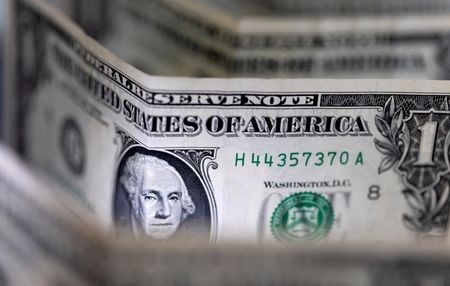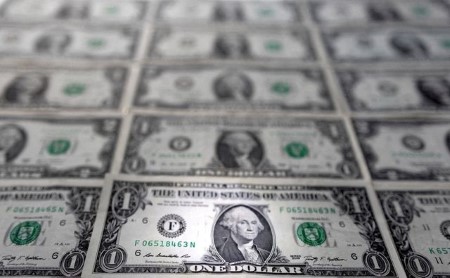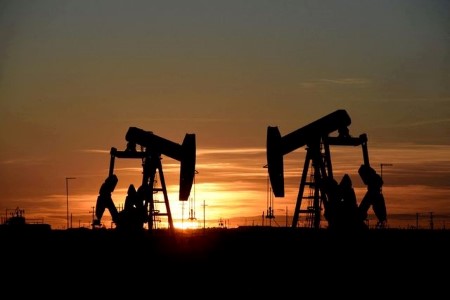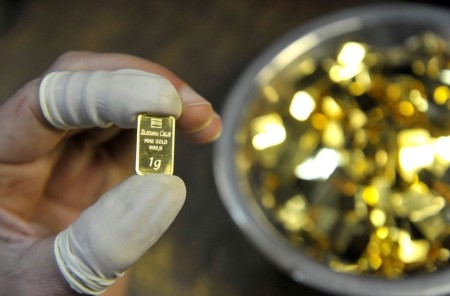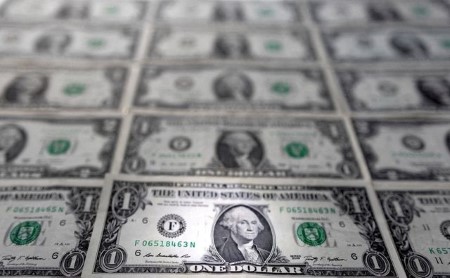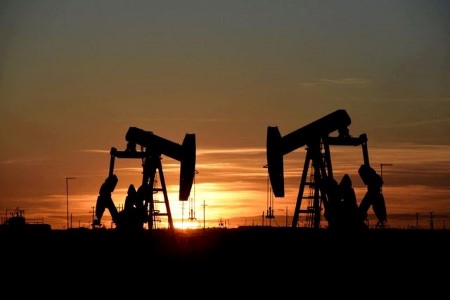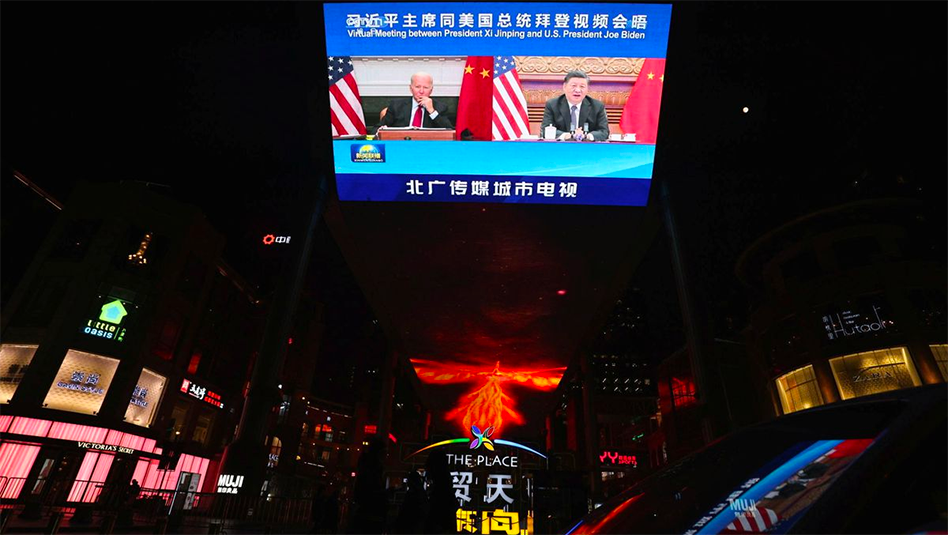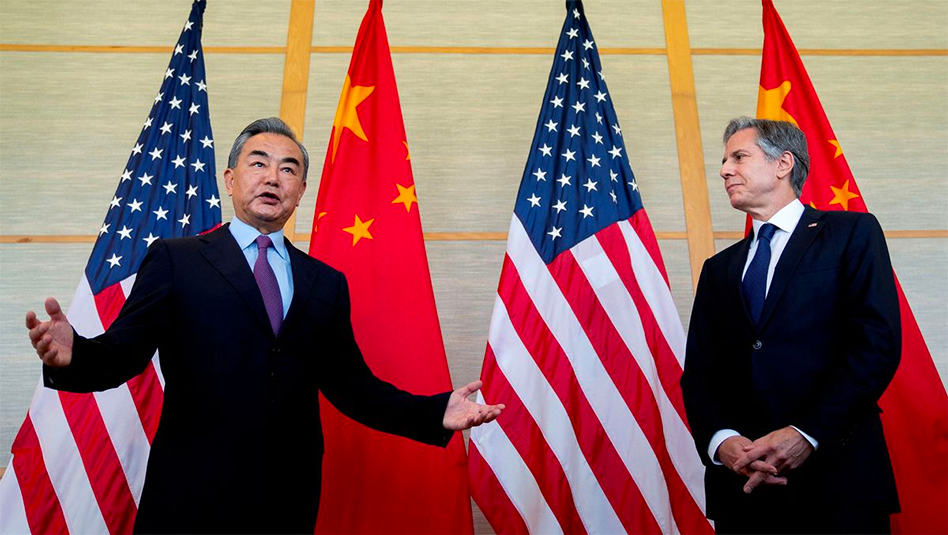MANILA, July 11 (Reuters) – Okada Manila, the Philippine casino at the centre of a bitter drama-filled dispute about its ownership, saw improved business in June, its current management said.
Foot traffic in June climbed 8% from a month earlier and was around 74% of its pre-pandemic level, it said in a statement, also saying that the casino planned to open more shops and add entertainment attractions.
“With the economy and borders opening up, Okada Manila is expected to sustain the momentum,” current management said in the statement as it held its first news conference since it took physical control of the casino on May 31.
Filipino associates of Japanese tycoon Kazuo Okada seized the USD 3.3 billion casino, which is held by Tiger Resort, Leisure & Entertainment, ousting its previous management with the help of private security guards and local police.
The move came after the Philippines’ Supreme Court in April issued a “status quo ante order”, reinstating Okada, who had been ousted in 2017, as CEO of the casino-resort.
Tiger Resort’s ousted board has sued Okada’s group, accusing it of using “brute force and intimidation” in a “violent” takeover of the property and has also appealed the court decision.
Norman Golez, Okada’s lawyer, told the Monday news conference that the May 31 takeover was legal and peaceful.
The ousted board did not have immediate fresh comment on Monday. Tiger Resort is owned by Japan’s Universal Entertainment Corp. which has called the seizure of the casino an “illegal occupation”. Okada was also ousted from Universal’s board in 2017.
Universal has agreed to merge Okada Manila with 26 Capital Acquisition Corp ADER.O, a Nasdaq-listed blank check firm, for some USD 2.5 billion and has extended its deadline for the merger to Sept. 30 in the wake of the takeover.
The SPAC has said it believes Universal will be back in control of Okada Manila soon.
The 44-hectare (108-acre) Okada Manila started operations late in 2016. With 993 suites and villas, 500 table games and 3,000 electronic gaming machines, it is the biggest of four multi-billion-dollar casino-resorts operating in the capital of the Philippines, which has one of Asia’s most freewheeling gaming industries.
(Reporting by Neil Jerome Morales; Editing by Edwina Gibbs)






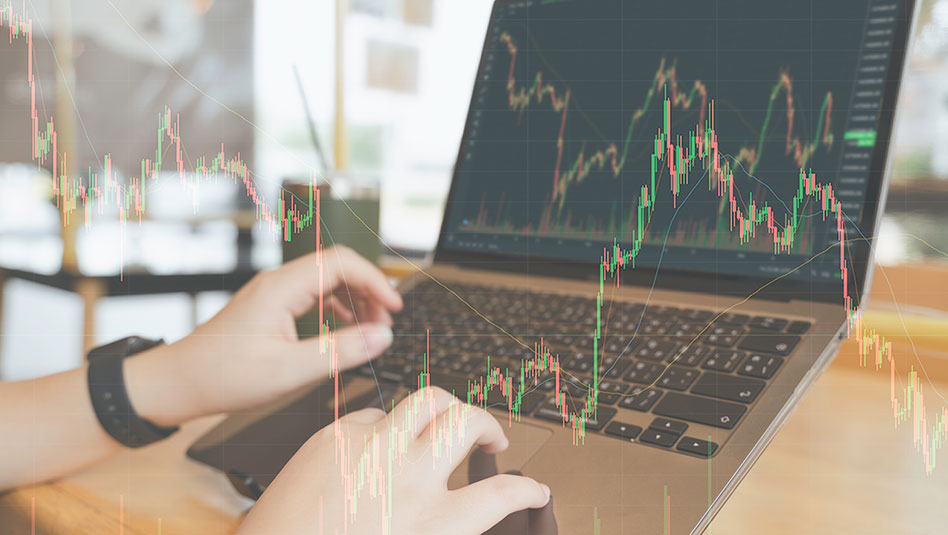
 DOWNLOAD
DOWNLOAD




